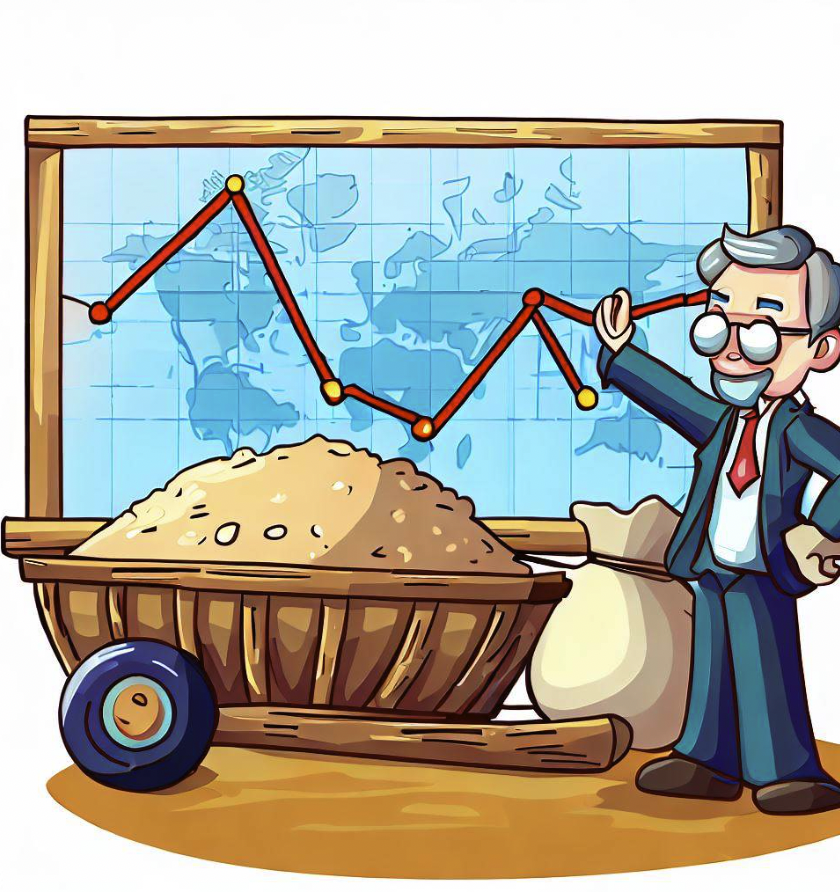According to several studies, including those from the New York Times, AARP, Harvard Medical School, and Forbes, it appears that rich people tend to live longer than poor people.
This is likely due to factors such as access to better healthcare, more nutritious foods, and less stress from worrying about money.
However, a study from ScienceDaily suggests that income mobility should be taken into account when calculating life expectancy, and that the difference in lifespan between rich and poor people may not be as significant as previously thought.
Income and Wealth Levels vs. Longevity
There is a growing body of research that suggests that there is a correlation between income and life expectancy.
People with higher incomes tend to live longer than those with lower incomes. This correlation has been observed across many different countries and over several decades.
Better Healthcare
One reason for this correlation is that people with higher incomes have better access to healthcare.
They are more likely to have health insurance, which allows them to receive preventative care and to seek treatment for illnesses and injuries. They are also more likely to live in areas with better healthcare infrastructure, including hospitals, clinics, and medical professionals.
Better Diets
Another reason is that people with higher incomes tend to have better diets. They can afford to purchase more nutritious foods, which can help them maintain better health.
They are also less likely to experience food insecurity, which can lead to malnutrition and other health problems.
Less Stress
Finally, people with higher incomes tend to experience less stress than those with lower incomes.
They are less likely to worry about money, which can lead to better mental health and lower rates of chronic diseases such as heart disease and diabetes.
Income Mobility Should Be Taken Into Account
However, it’s important to note that income mobility should also be taken into account when looking at the correlation between income and life expectancy.
For example, if someone grows up in a low-income household but later achieves a higher income, their life expectancy may be closer to that of someone who grew up in a higher-income household.
Additionally, there are other factors that can influence life expectancy, such as genetics, lifestyle choices, and environmental factors.


